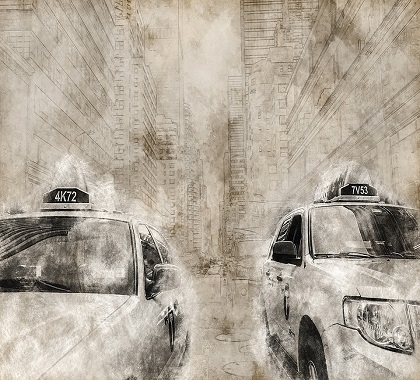On November 14, 2017, The Killeen, Texas City Council voted to reduce taxicab regulations in the city to match those imposed on Uber and Lyft drivers across the state.
Starting November 28, taxicab drivers no longer had to undergo government vehicle inspections, and taxicab owners’ licenses will come up for renewal every five years instead of biennially.
Taxicab and TNC drivers operating in Killeen will continue to be subject to criminal background checks by the state government.
Levelling the Playing Field
Robert Krol, a senior affiliated scholar at the Mercatus Center, an economics professor at California State University at Northridge, and a policy advisor for The Heartland Institute, which publishes Budget & Tax News, says reducing regulatory burdens on taxicabs benefits cab companies and their customers.
“Rather than trying to slap restrictions on these new ridesharing companies, which is a fairly typical response by incumbent firms, it makes more sense to reduce the rules on the taxicabs to allow them to compete,” Krol said. “There’s no reason they can’t compete. That’s the way you want to go.”
Promoting Flexibility
Fewer regulations and more flexibility allow businesses to compete for customers through innovation, Krol says.
“The real thing is the taxicab companies in this town have to adapt to new technologies and have some flexibility in pricing,” Krol said.
J. D. Rimann, a policy analyst for the Texas Public Policy Foundation, says deregulation reduces barriers to entry in the taxicab market, increasing competition and improving service.
“The primary thrust of the proposed legislation is to make it easier to become and stay a taxi operator in the city,” Rimann said. “The loosening of regulations in overregulated industries like the taxi industry is always welcome.”
Predicting Price Effects
Rimann says he expects the lowering of regulatory barriers to result in lower prices.
“Consumers will, theoretically, see the price of taxis in Killeen drop somewhat, due to an easing up of regulation,” Rimann said.

